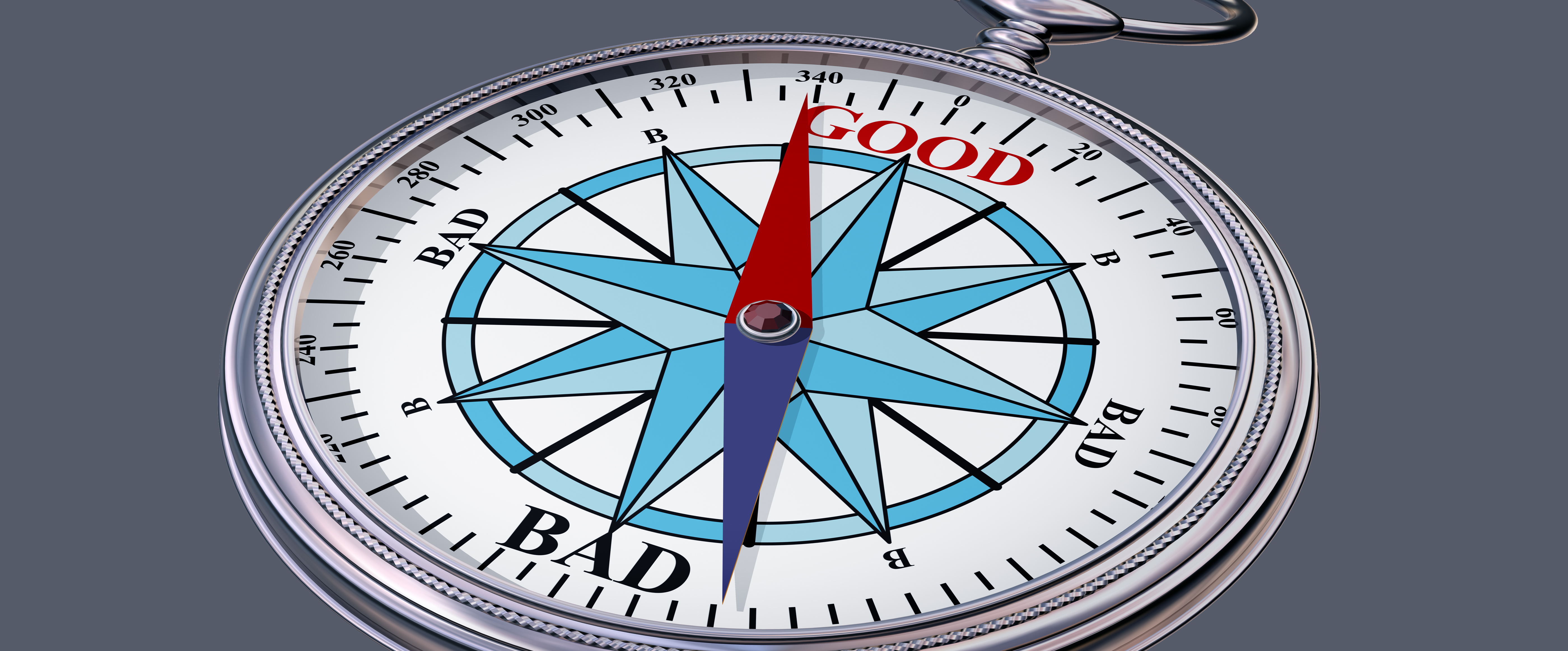Kerby Anderson
Dennis Prager had to admit that he had been wrong. All of his life, he has said that the left’s moral compass is broken. He has concluded that “in order to have a broken moral compass, you need to have a moral compass to begin with. But the left doesn’t have one.”
He doesn’t mean that conclusion as an attack. It is merely an observation that the left doesn’t really think in terms of good and evil. We assume that other people think that way because we think that way. But that is not how most of the people on the left perceive the world.
He begins with Karl Marx. He divided the world by economic class (the worker and the owner). One group was exploiting the other group. Good and evil aren’t really relevant when you are thinking in terms of class struggle. Friedrich Nietzsche, for example, operated “beyond good and evil.”
To the Marxists, “there is no such thing as a universal good or universal evil.” Those of us who perceive the world from a Judeo-Christian worldview see ethics as relevant to the moral standard, not the person or their social status.
Dennis Prager then provides a number of examples. Race is more important than ethics, as illustrated by some who argue that looting stores during riots is nothing more than “reparations.” Another aspect of a leftist compass is power. Right and wrong are determined by class (rich vs. poor) and race (black vs. white) and power (strong vs. weak). And we see lots of examples of a leftist perspective concerning sex and sexual orientation.
We see this play out vividly when a police officer must confront a person of color. The cop is always wrong, and the perpetrator is always right, regardless of his previous actions or prior criminal record. The moral compass isn’t broken. Actually, it doesn’t exist.
 Listen Online
Listen Online Watch Online
Watch Online Find a Station in Your Area
Find a Station in Your Area










 Listen Now
Listen Now Watch Online
Watch Online
